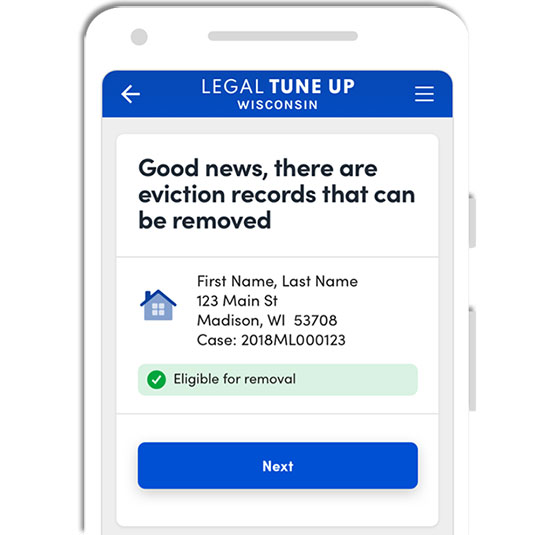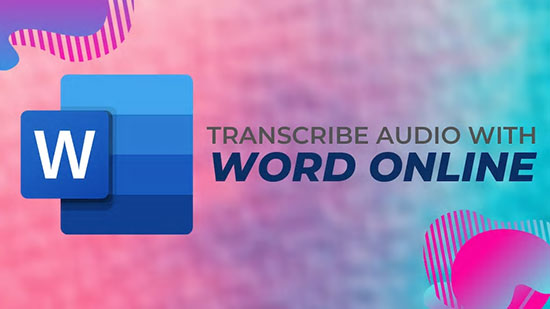Did You Know?
Get COVID-19 Case Alerts from Fastcase, for Free

Fastcase, a legal research company, recently launched an email service called COVID-19 Case Alerts, “a subscription email service to keep you on top of new civil opinions, selected pleadings, breaking news, and analyses of legal issues related to the coronavirus pandemic.”
Subscribers will get daily case law digests organized by practice area, selected pleadings, news articles, and blog posts.
The subscription is $29 per month, but the service is free to State Bar of Wisconsin members, thanks to a partnership with Fastcase.
Just log in to WisBar and go to:
>For Members
>Legal Research
>Fastcase
>Fastcase Advanced Search
Fastcase will show a prompt to sign up for COVID-19 Case Alerts.
Source: Fastcase; LawSites
By the Numbers
193
–The number of bills signed into law during the 116th Congress (Jan. 3, 2019 to Jan. 3, 2021). The session is not technically over, but this is the lowest number of enacted bills on record for the last 24 Congressional sessions. During the 115th Congress (Jan. 3, 2017 to Jan. 3, 2019), 443 bills were enacted into law.
The 2019 Wisconsin Legislature (Jan. 7, 2019 to Jan. 4, 2021) also enacted a historically low number of bills: 186. However, the session was cut short by the COVID-19 pandemic. In the previous session, 370 bills were enacted. The last time the Wisconsin Legislature enacted fewer than 200 bills was in the 2001 session, when 109 bills were enacted.
Source: Congress.gov; legis.wisconsin.gov.
Got a Nugget to Share?
Send your ideas for interesting facts, trends, tips, or other bits and bytes to wislawmag@wisbar.org, or comment below.
Good Idea
LIFT Dane Launches Legal Tune Up App

LIFT Dane, with a mission to improve access to justice through technology tools, has launched a new free app called Legal Tune Up.
The new app allows Wisconsinites “to access publicly available data to identify legal issues they might not even be aware of, and automates the resolution of those issues on their own, or with help from trusted professionals.”
According to attorney and LIFT Dane Director Marsha Mansfield, one of the first features of Legal Tune Up allows users to see if they have old eviction and criminal records on Wisconsin’s online public databases that are eligible for removal.
“The app will automate creation and filing of the appropriate paperwork with the court,” Mansfield said in a press release. “It also will allow users to apply for free employment and training services.”
Future updates will address issues such as driver license suspensions, federal criminal records, and child support modifications.
LIFT Dane is a collaboration between the Economic Justice Institute Inc., Legal Action of Wisconsin Inc., U.W. Law School’s civil legal clinics, the Center for Patient Partnerships, and Employment and Training Association.
Access the app at legaltuneup.org.
Quote
“I think we need to explore the expectation gap, the mismatched expectations of what people think they are getting with a career in the law, and what they end up getting. That has to be a big piece of the equation.”
–Patrick Krill, an attorney, licensed alcohol and drug counselor, and leading authority on addiction, mental health, and well-being in the legal profession. Krill helped lead a landmark study in 2016 that found lawyers have much higher rates of substance abuse and mental health issues than the general population.
He’s working on a new study that digs deeper into the root causes of substance abuse and mental health issues in the legal profession.
The Task Force on Wisconsin Lawyer Well-Being is also studying these issues, with representatives from all sectors of the legal profession.
Source: Path to Lawyer Well-Being Podcast, National Task Force on Lawyer Well-Being.
Remember: If you or someone you know is struggling, the State Bar’s Wisconsin Lawyers Assistance Program (WisLAP) can help. This confidential resource is available year-round, 24/7.
Call the WisLAP 24-hour Helpline: (800) 543-2625
Tech Tip
Save Time: Transcribe Audio Recordings in Word Online

Microsoft recently launched a transcription tool in Word Online (Microsoft 365, formerly known as Office 365).
Find Transcribe in Word by clicking on the Home Tab, selecting the Dictate dropdown, and selecting Transcribe.
After the transcribed recording is completed, a dialogue box allows the user to view the dictated text, broken down into different timestamped segments.
Users can edit or copy the text into a document and play back the audio to compare against transcribed words. Users can also upload audio files recorded on another device, such as a smartphone.
Uploading the recording into Word Online will save time listening to and dictating the entire recording.
For best results, eliminate background noise and speak closely into the microphone.
Search “Transcribe in Word” with your favorite search engine to find training videos and visual diagrams. If you need help, contact the State Bar’s Practice411TM program for assistance, practicehelp@wisbar.org.
Bonus Tip: Filter web pages through printfriendly.com. It allows you to remove ads and other clutter before printing or creating a PDF.
Source: 2020 Wisconsin Solo & Small Firm Conference, 50 Tips in 50 Minutes
On the Radar
Minnesota Permits Paraprofessionals to Provide Legal Services

Minnesota has become the latest state to permit “legal paraprofessionals” to provide legal services in a limited number of practice areas.
The Minnesota Supreme Court in October approved a pilot project to allow paraprofessionals to represent individuals in housing disputes and less complex family matters. However, they must enter agreements with lawyers to serve in a supervisory role.
A committee recommended the pilot project despite some opposition, concluding “the need for civil legal aid, particularly in the areas of family law and landlord-tenant disputes is great,” and “legal paraprofessionals can contribute to the legal needs of Minnesota citizens in these areas.”
The two-year pilot project will begin in March 2021. Similar programs have been approved in other states, including Utah, Arizona, and Washington.
Source: ABA Journal
Cite to 93. Wis. Law. 10-11 (December 2020).
